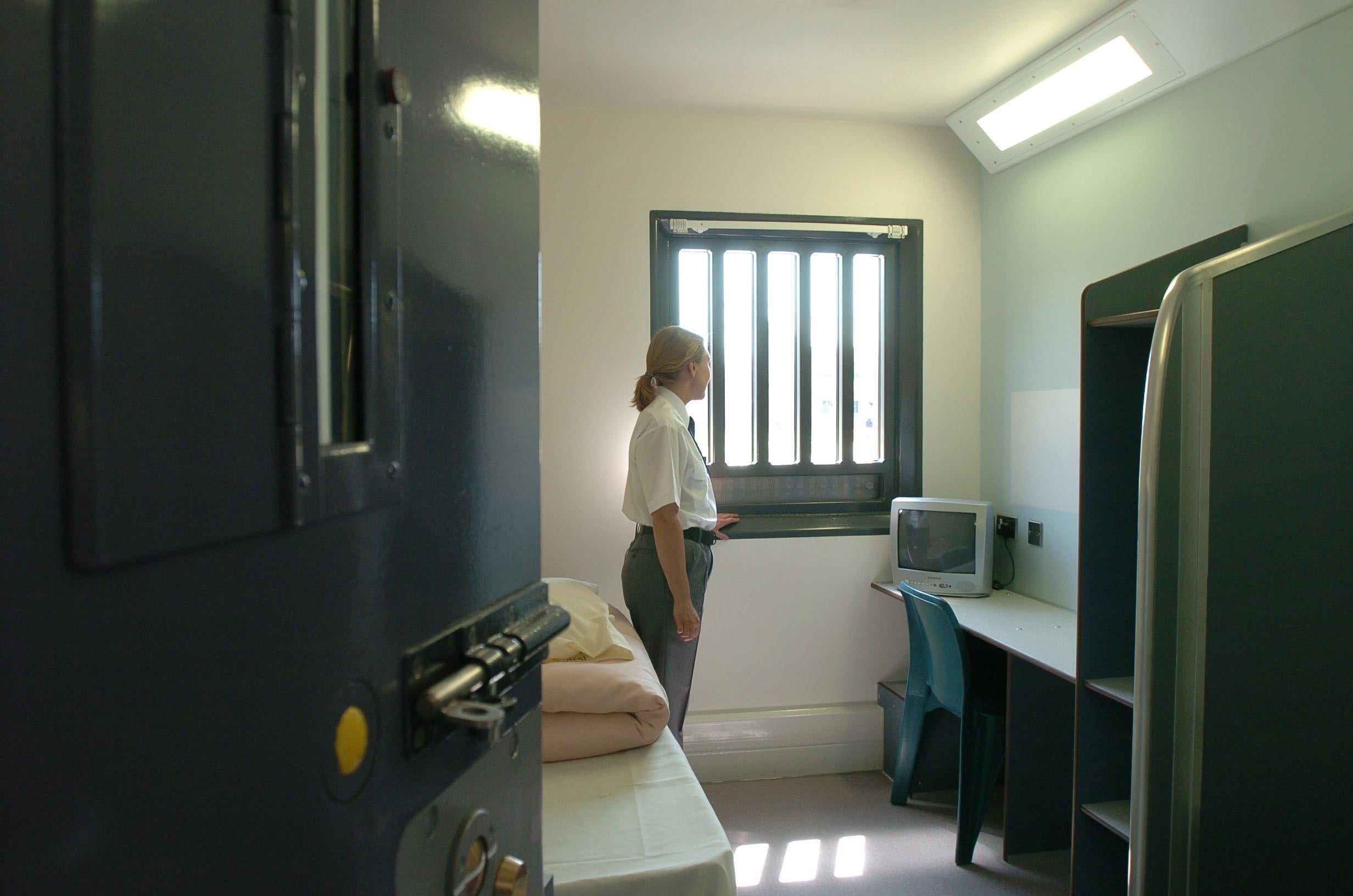Pregnant women less likely to be sent to prison under new guidelines
Campaigner hails measures as signifying ‘beginning of the end to prison for pregnant women and mothers’

Pregnant women are now less likely to be sent to prison under new guidelines which will force courts to consider how jail time affects a woman who is either due to give birth or has recently had a baby.
The guidance from the Sentencing Council for England and Wales will come into force on 1 April and has been hailed as a “major milestone” by campaigners.
The council found the impact of custody “can be harmful for both the offender and the child including by separation, especially in the first two years of life”.
While female inmates are legally allowed to keep their babies for the first 18 months in a secure mother and baby prison unit, many children born in prison are separated from their mothers once born.
Speaking under condition of anonymity, a woman who was pregnant in prison and spent a year in a mother and baby unit with her child told The Independent: “I am so grateful that pregnant women’s needs will now be properly considered by the courts. I hope this means that more courts give women the opportunity to serve their sentence in the community.”
Government data shows 194 pregnant women were recorded as being in prison in England and Wales from April 2022 to March 2023.
Janey Starling, co-director of feminist group Level Up, which has been campaigning to stop the jailing of pregnant women, said the measures signify the “beginning of the end to prison for pregnant women and mothers”.
She added: “This is a major milestone. The Sentencing Council are finally listening to the experts, acknowledging that all pregnancies in prison are high risk and introducing meaningful changes to the court system.
“They must understand the harm and risk prison causes to pregnant women, mothers and babies and make every effort to keep them out of custody.”
The new council guidelines state: “When sentencing a pregnant or postnatal woman, relevant considerations may include: the medical needs of the offender including her mental health needs, any effect of the sentence on the physical and mental health of the offender, any effect of the sentence on the child.”
The Independent has previously reported on midwives’ concerns that too many pregnant women are being sent to prison in the wake of two babies dying behind bars in England in the last three years.
Birte Harlev-Lam, executive director midwife at the Royal College of Midwives, said that jail “is no place for pregnant women”.
Her warning comes after a woman gave birth to a stillborn baby in the toilet in Styal prison in Cheshire in 2020 after a nurse incorrectly claimed her stomach cramps were due to a “painful period” – with the 31-year-old receiving no specialist medical care or pain relief during labour.
An 18-year-old woman saw her baby die in childbirth at Bronzefield prison in Surrey in 2019 after she was left to give birth alone in her prison cell, even though she asked several times for help.
Naomi Delap, director of Birth Companions, a leading charity which campaigns on pregnancy and early motherhood in prison, said: “This is a huge step forward by the Sentencing Council, and a clear acknowledgement of the risks the prison system poses to pregnant women, new mothers and their babies. We are delighted that they have listened to us.”
But Ms Delap warned the new guidance is not sufficient as she called for ministers to stop the jailing of pregnant women and mothers of babies altogether – apart from in the “most exceptional” of cases.
A spokesperson for the Ministry of Justice told The Independent: “Custody is always the last resort for women and independent judges already consider mitigating factors, like pregnancy, when making sentencing decisions.
“We have made significant improvements to the support available for pregnant women in custody in recent years. This includes employing specialist mother and baby liaison officers in every women’s prison, conducting additional welfare checks and stepping up screening and social services support so that pregnant prisoners get the care they need.”
Join our commenting forum
Join thought-provoking conversations, follow other Independent readers and see their replies
Comments
Bookmark popover
Removed from bookmarks